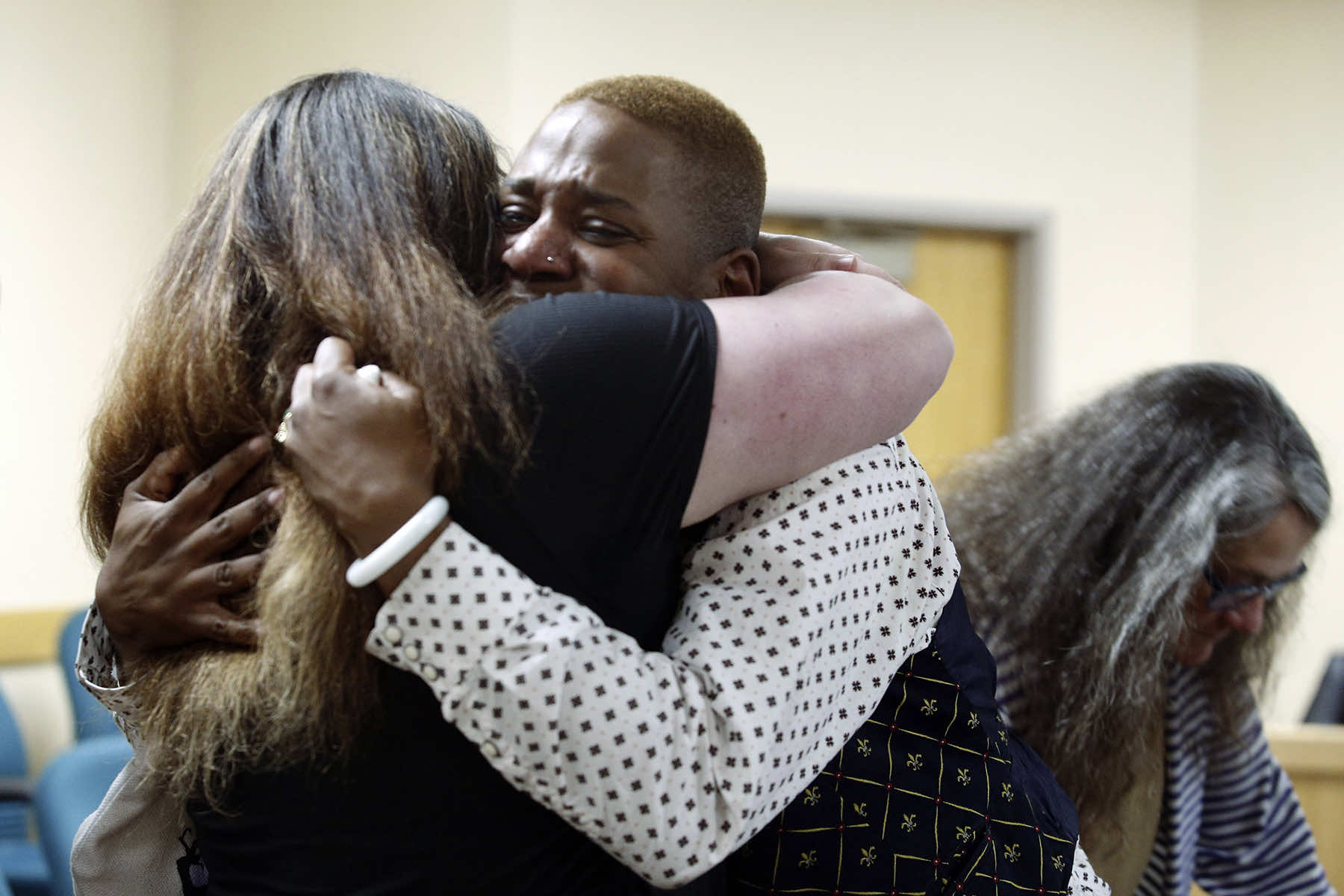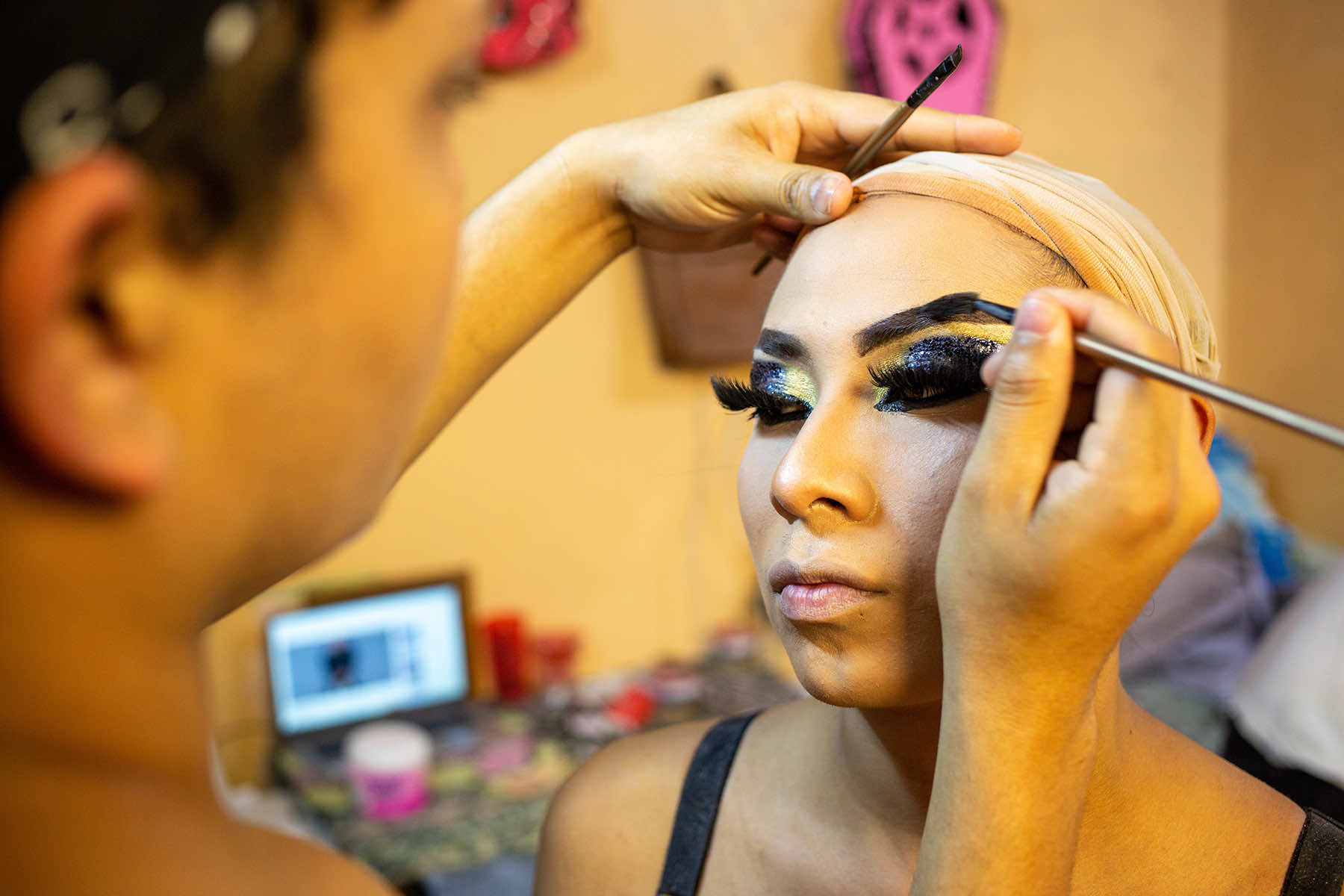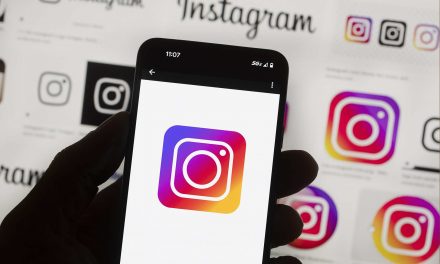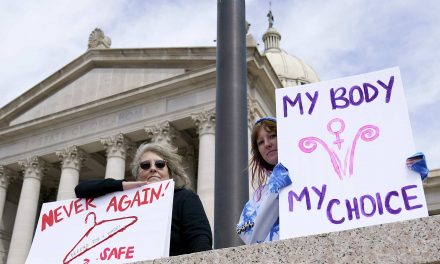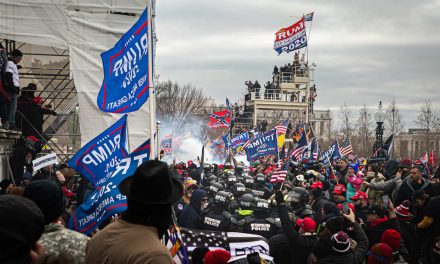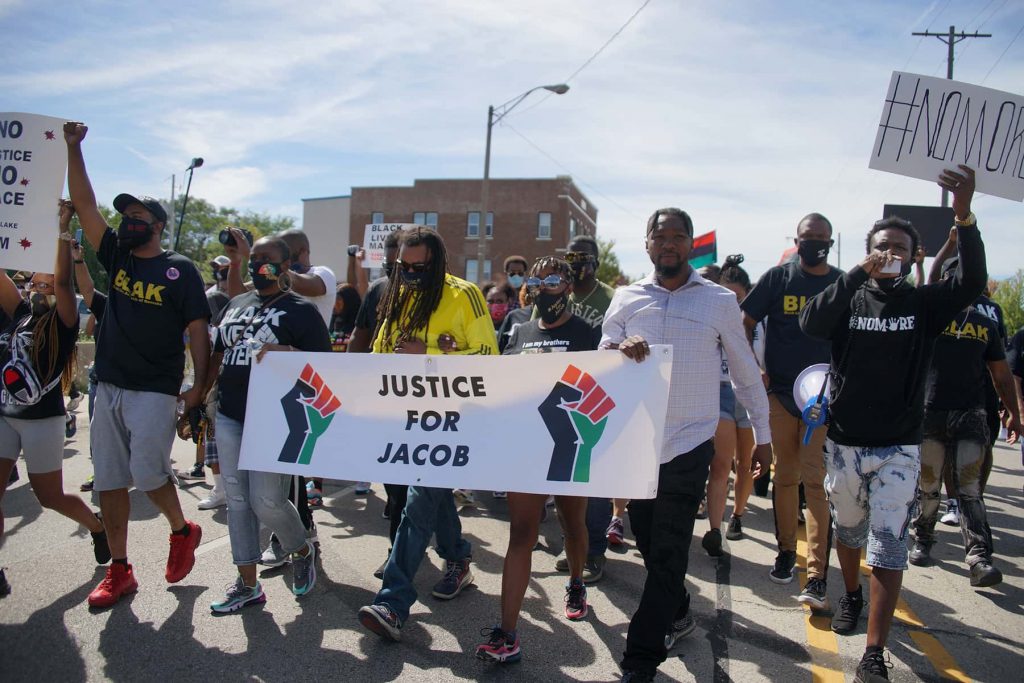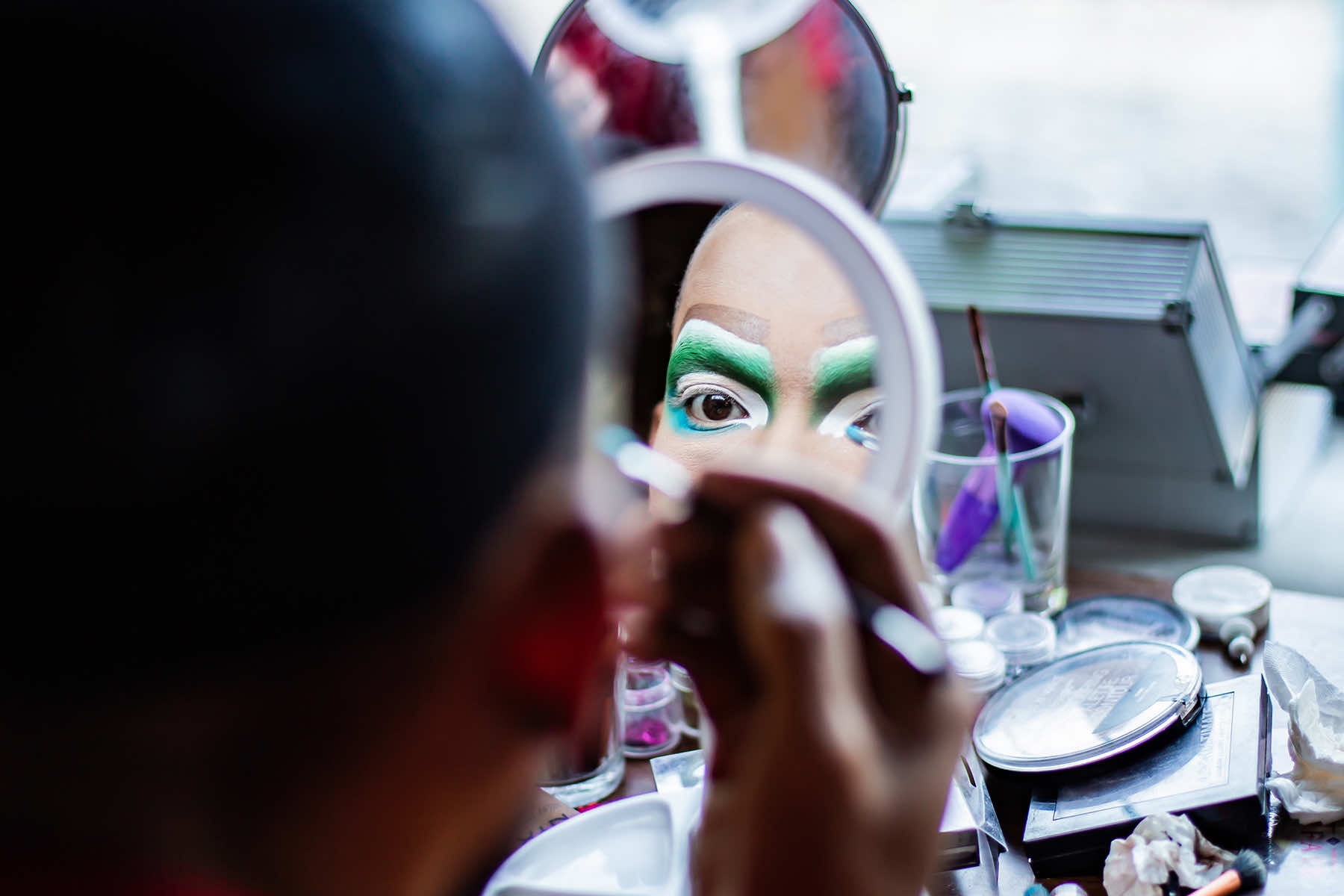
“Drag is joy, but it’s under attack. Our very existence, our self-expression, our art … all of it is being threatened. And we’ve had enough.”
That was the opening salvo of Qommittee, a group of drag performers banding together to protect and promote their art form, as it announced its formation for June’s LGBTQ+ Pride Month.
“We’ve always had to fight tooth and nail for our place in this world,” the group said in a news release. “But now, we’re also battling a tidal wave of hate — doxxing, harassment, death threats, armed protests, bombings, and even shootings.”
Qommittee consists of about 10 drag performers nationwide who have experienced, directly or indirectly, threats, harassment or violence related to their art form. One had a venue firebombed in Ohio; one performed at Club Q in Colorado Springs and helped victims the night of the shooting there that killed five people; and one worked at Club Q and at Pulse Nightclub in Orlando, where a gunman killed 49 people in 2016.
Qommittee said it planned, among other things, to connect drag performers and communities lacking in local support to resources including legal aid and therapy. It may also help performers and venues navigate the business.
The group is already working to create dialogue between its members and local law enforcement agencies, organizers said.
“The Qommittee stands as a kind of a central hub for other communities across the country, the performance communities across the country, to find resources to help them, whether it is negotiating with venues or … helping defend against the many protests against drag shows that we’ve seen,” said Qommittee President B Williams, a drag king who performs in Washington DC, as Blaq Dinamyte.
In recent years, conservative activists and politicians have complained about what they call the “sexualization” or “grooming” of children by drag performers, often via popular drag story hours, in which performers read age-appropriate materials to children, or drag brunches, whose venues generally warn patrons of material unsuitable for children.
There is a dearth of evidence that drag performers harm children. In May a jury awarded more than $1 million to an Idaho performer who accused a far-right blogger of defaming him by falsely claiming he exposed himself to a crowd that included children.
Still, the idea of drag as a threat has caught on as another form of anti-LGBTQ+ rhetoric. Opponents have even shown up to drag events with guns. At least five states have passed laws in recent years restricting performances in some fashion, but courts in some of them have put enforcement on hold.
For Pride Month, it is important to remember that drag is not just an art, but also an industry that fosters entrepreneurship and creates jobs, said community organizer Scott Simpson, who helped connect the members of Qommittee. The fans should get involved, too.
“The time to really come together is now. The time to come together is when we’re having joyful moments together,” said Simpson, who also works for the unaffiliated Leadership Conference on Civil and Human Rights. “I mean, drag’s the revolution. And we want to keep the revolution going.”

